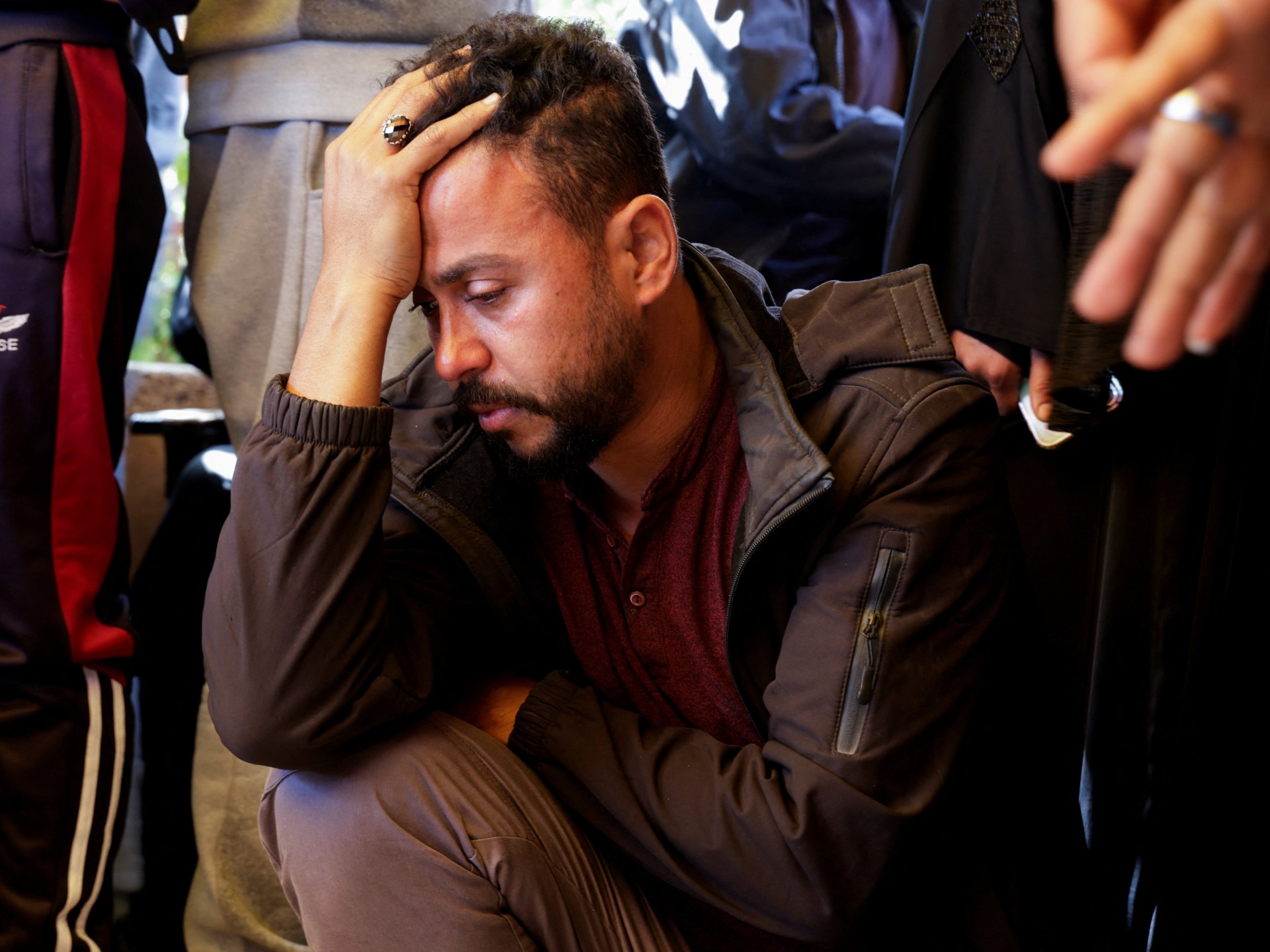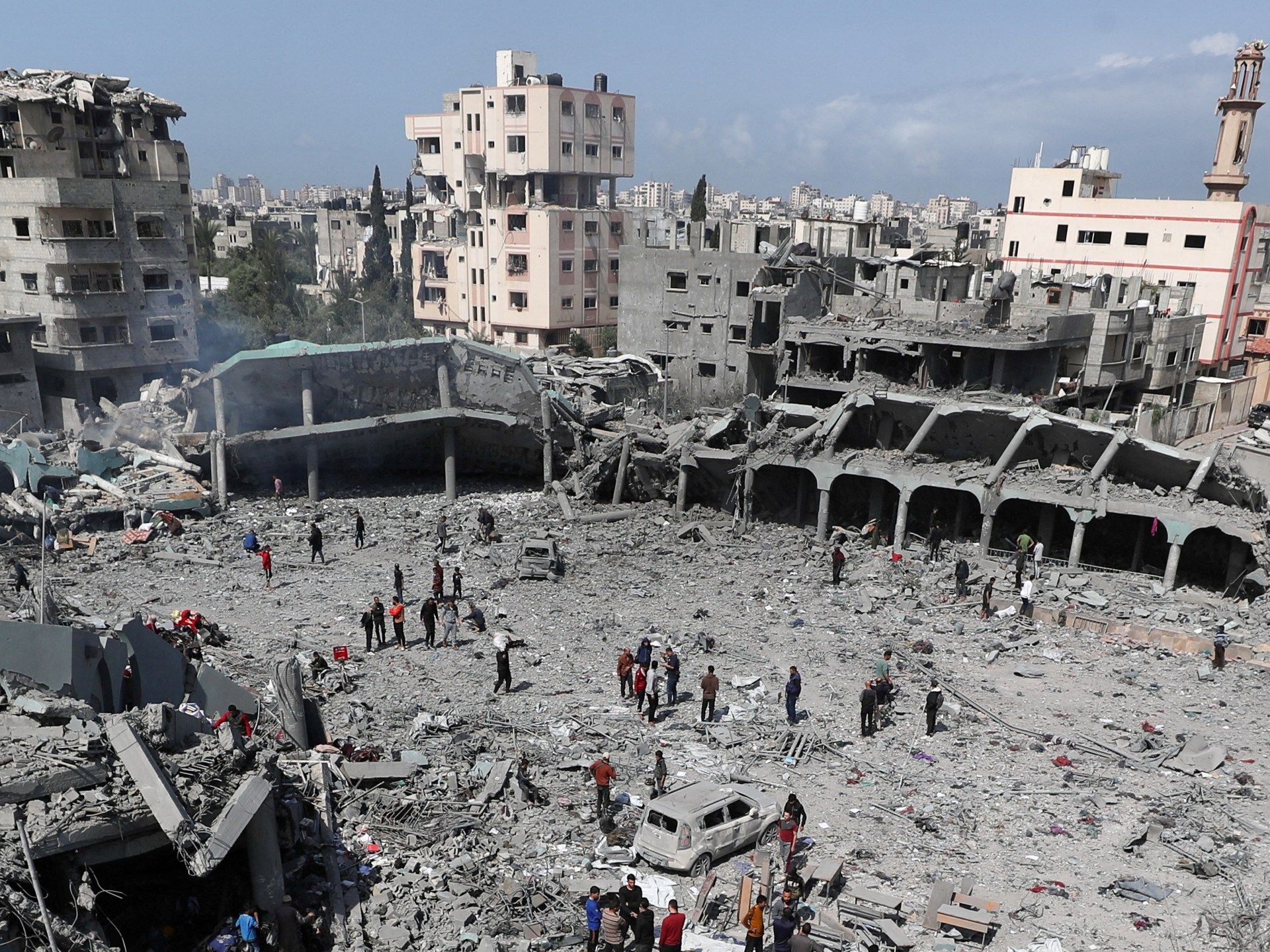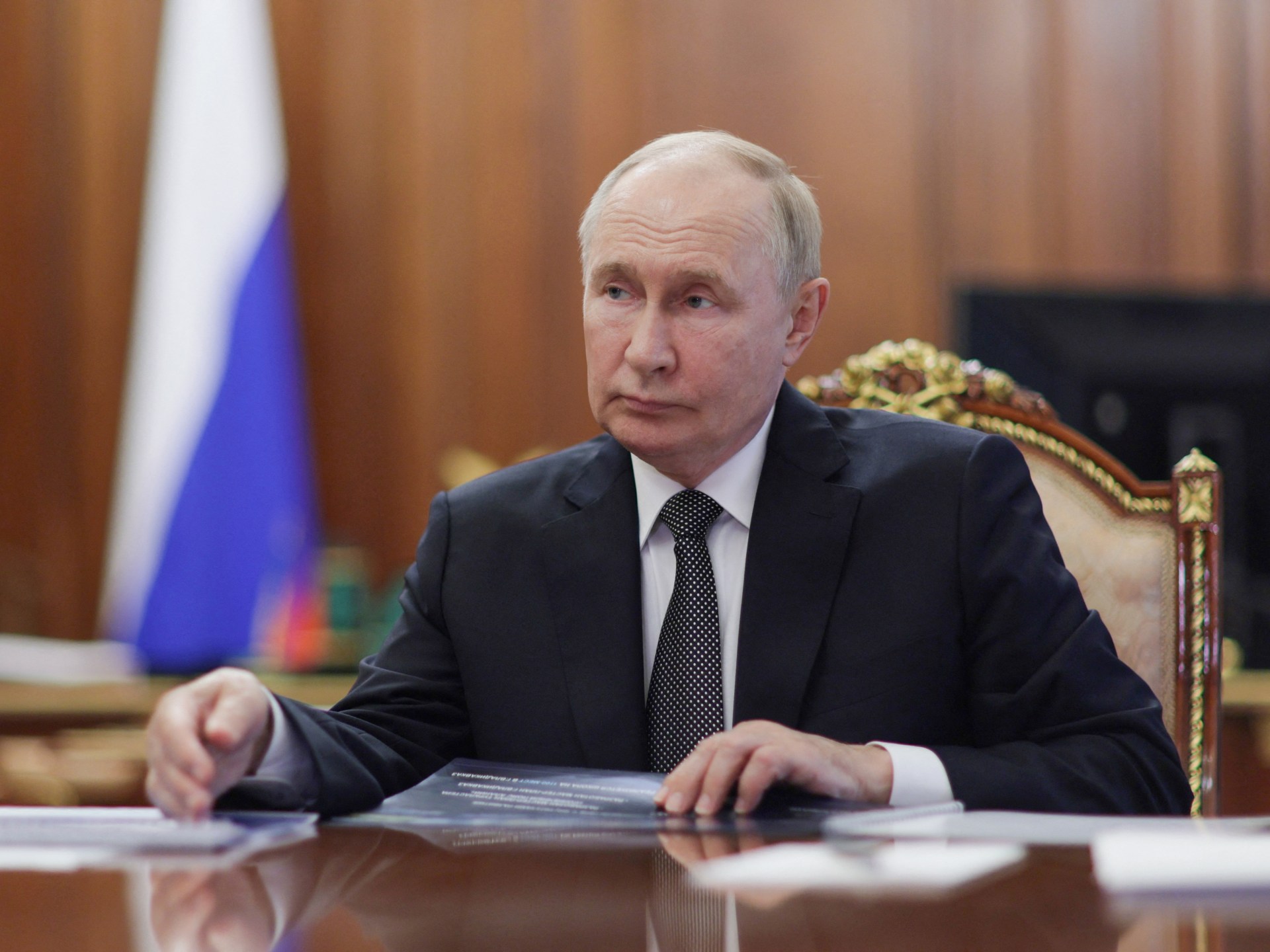Now Reading: Israeli bombardment kills 92 in two days: Gaza government
-
01
Israeli bombardment kills 92 in two days: Gaza government
Israeli bombardment kills 92 in two days: Gaza government

Since Good Friday, Gaza’s Health Ministry reports that at least 219 individuals have sustained injuries from attacks.
According to Gaza’s Ministry of Health, Israeli assaults have resulted in the deaths of 92 Palestinians in Gaza within the past 48 hours.
The ministry disclosed that the attacks occurred between April 17-19, resulting in 219 individuals being wounded and receiving medical treatment. Additionally, many individuals remain trapped beneath rubble or in areas inaccessible to rescuers.
The escalation in violence coincides with Israel’s implementation of a six-week blockade and its demand for Hamas to disarm before agreeing to a ceasefire. Hamas has rejected this condition and insists that a permanent truce must be part of any agreement.
Among the casualties were 15 children who were struck during an overnight air raid in Khan Younis. A mother and her daughter, along with two others, were killed in a raid on Rafah, as confirmed by the European Hospital where their bodies were taken.
Al Jazeera’s Tareq Abu Azzoum, reporting from central Gaza, described the nighttime as a period of terror and suffering for the majority of civilians, with no place being safe.
The ongoing military campaign by Israel, which resumed on March 18, includes plans to intensify its 18-month conflict with Gaza and establish large “security zones” within the territory. Despite an ICJ order mandating humanitarian access, Israel has blocked the entry of food, fuel, and aid into Gaza since March 2.
Aid organizations have raised concerns about food shortages, with children reportedly eating less than one meal a day and facing difficulties in securing their next meal.
Hamas recently rejected an Israeli proposal for a 45-day ceasefire in exchange for the release of 10 captives and disarmament. Hamas emphasized its refusal to disarm and offered to release all remaining captives in return for an end to the conflict and a complete withdrawal of Israeli forces.
The death toll in Gaza has now surpassed 51,000, with 116,505 individuals wounded, according to the Health Ministry. The psychological impact of the ongoing violence is evident, with residents facing exhaustion and trauma as they contemplate an uncertain future.






